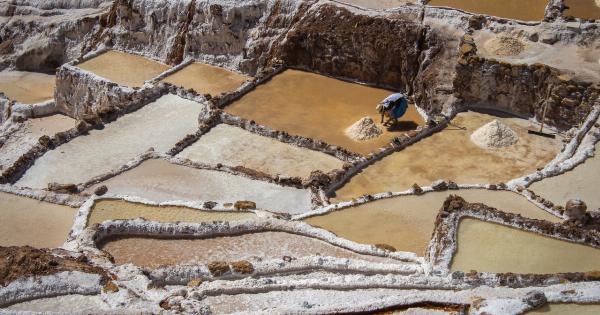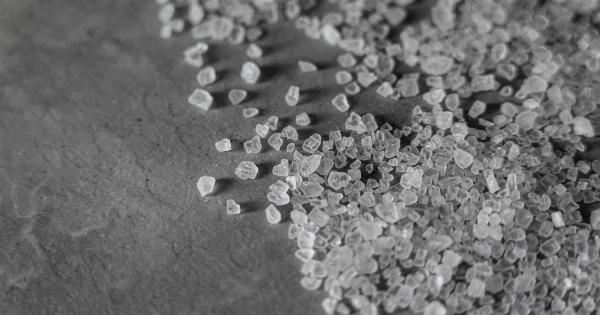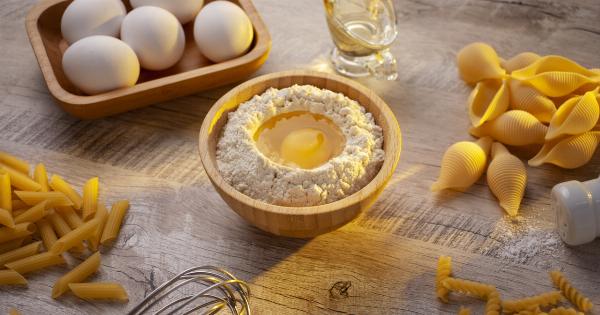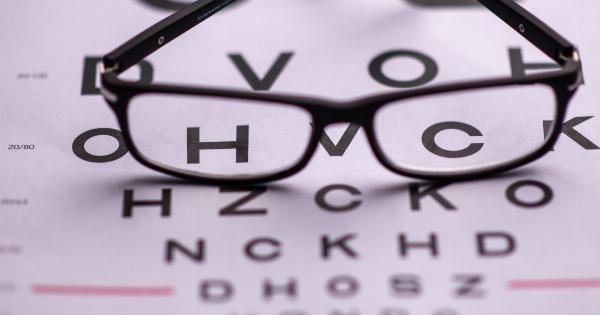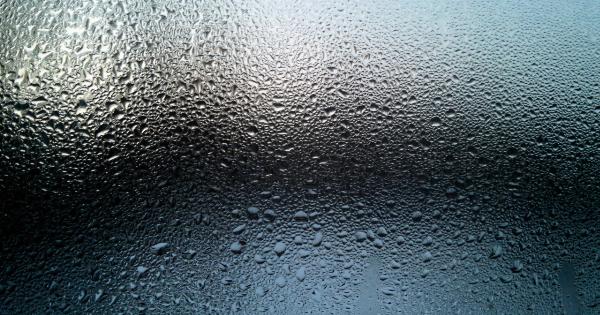Many people are unaware of just how much salt they consume on a daily basis. While some salt is necessary for our bodies to function properly, an excess can lead to a range of health issues.
In fact, the World Health Organization recommends that adults consume less than 5 grams (or about a teaspoon) of salt per day. However, studies have shown that the average person consumes much more than this, often without even realizing it.
In this article, we will explore the signs that you’re eating more salt than you think, and how to reduce your intake for better health.
1. Frequent Thirst
Do you find yourself reaching for water constantly throughout the day? Excessive salt intake can make you feel thirsty more frequently as it increases your body’s need for water.
This is because salt attracts and retains water in your body, leading to dehydration and the need for more fluids.
2. Frequent Urination
Consuming too much salt can also result in frequent urination. This occurs because your body tries to remove the excess salt by producing more urine.
If you find yourself making frequent trips to the restroom, it may be a sign that you’re eating more salt than your body can handle.
3. Bloating and Swelling
Salt is known to cause water retention, which can lead to bloating and swelling in your extremities. If you notice that your fingers, ankles, or face appear puffy and swollen, it could be a result of excessive salt intake.
Reducing your salt consumption can help alleviate these symptoms.
4. High Blood Pressure
One of the most significant risks of consuming too much salt is developing high blood pressure. Salt increases the volume of blood in your body, leading to increased pressure on your blood vessels.
Over time, this can cause damage to your arteries and increase your risk of heart disease, stroke, and kidney problems.
5. Constant Fatigue
If you constantly feel tired and lacking in energy, it may be due to excessive salt consumption. High salt intake can disrupt your sleep patterns and lead to poor quality sleep.
Additionally, it can cause electrolyte imbalances that leave you feeling drained and fatigued.
6. Increased Thirst for Sugary Drinks
Consuming excess salt can make sugary drinks even more appealing to your taste buds. This is because salt enhances the perception of sweetness, making you crave these beverages even more.
If you find yourself reaching for sugary drinks often, it may be a sign that you’re consuming too much salt.
7. Kidney Issues
Your kidneys play a vital role in removing waste and excess fluid from your body. However, a high salt diet can put strain on your kidneys, potentially leading to kidney damage or dysfunction.
If you experience frequent kidney stones or urinary tract infections, it may be an indicator of excessive salt consumption.
8. Increased Risk of Osteoporosis
Excessive salt intake can have a negative impact on your bones. Consuming too much salt can cause your body to excrete calcium, leading to a reduction in bone density and an increased risk of developing osteoporosis later in life.
It is essential to maintain a balanced diet to support healthy bones.
9. Difficulty Losing Weight
If you’re struggling to shed those extra pounds despite your efforts, your salt intake may be a contributing factor. High salt consumption can lead to water retention and bloating, making you appear heavier than you actually are.
Additionally, excess salt can stimulate your appetite, leading to overeating and weight gain.
10. Cravings for Salty Foods
Lastly, if you find yourself constantly craving salty foods, it may be a sign that you’re consuming too much salt.
Your taste buds can become accustomed to high levels of salt, leading to a preference for salty flavors and an increased likelihood of overindulging in salty snacks.
Conclusion
Keeping your salt intake in check is crucial for maintaining good health. By being aware of the signs that you’re eating more salt than you think, you can take steps to reduce your consumption and protect your overall well-being.
Pay attention to your body’s signals and make conscious choices to prioritize a low-salt diet.




